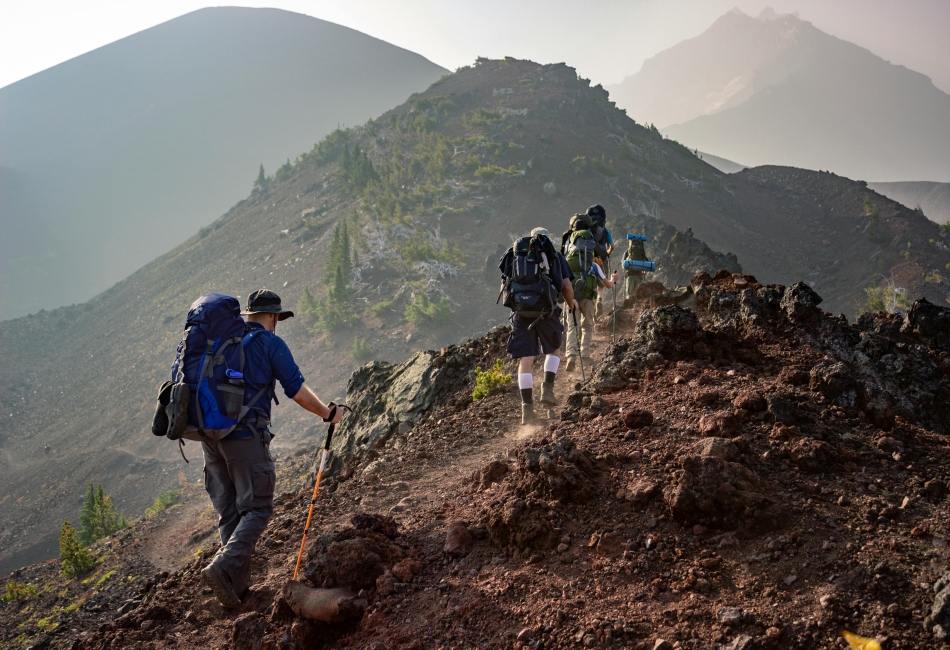When adventure calls, so does the need to prepare. The outdoors may be a great playground, providing amazing scenery and a break from the daily grind. It can, however, potentially have unanticipated hazards. Whether your trip involves camping, hiking, or just enjoying the surroundings, understanding how to handle problems is absolutely vital.
Explore these four life-saving outdoor safety skills.
1. Mastering First Aid to Manage Injuries in Remote Locations
Help is often far away in the outdoors, and a minor injury can worsen rapidly without a swift response. Particularly in case you are far from the closest hospital or medical center, first aid knowledge is absolutely vital. While immobilizing fractures guarantees that more harm is prevented, knowing how to clean and dress a wound correctly helps to prevent infection. The capacity to treat common outdoor injuries, including cuts, sprains, and burns, while you are in distant locations will greatly lower your risk of consequences.
Knowing how to do CPR can literally save lives in more serious circumstances, such as heart attacks or cardiac arrest. If you spend a lot of time outdoors, you should keep your skills up to date. CPR renewal is an essential part of staying current with the latest guidelines, allowing you to act confidently in an emergency. Every second matters; hence early stabilization of someone before expert assistance arrives depends on a calm, coherent response.
2. Navigating and Understanding Wilderness Survival Techniques
While getting lost may appear to be a rare occurrence, it is actually more common than you realize. Knowing simple navigation methods from a map, compass, and natural landmarks will help you stay on course. It’s also crucial to know how to build a shelter or start a fire in an emergency. In survival, fire is a flexible tool since it not only gives warmth but also can be utilized for cooking or signaling.
Building a shelter may seem pointless in clear weather. However, being able to do so under stress could make all the difference between exposure to the elements and cover. One of the most useful abilities is how to create a decent shelter using naturally occurring resources. Likewise, knowing how to filter water and locate food plants will greatly raise your odds of survival if you become stuck.
3. Dealing With Wildlife and Understanding Animal Behavior
One of the most erratic features of outdoor activities is wildlife encounters. Knowing how to handle wild animals helps one avoid potentially fatal circumstances. Understanding the behavior of common wildlife in your surroundings and how to store food correctly will help you prevent drawing creatures like bears. Depending on the area, carrying bear spray or another deterrent can offer some defense if an encounter occurs.
Apart from learning how to prevent drawing animals, one also needs to know what to do should an animal turn hostile or immediately dangerous. Often, the best line of action is to remain calm. You also need to slowly back off from the animal instead of sprinting. Knowing animal signals of aggression—such as rigid posture, growling, or tail movements—helps you predict and respond correctly.
4. Preparing for Weather-Related Emergencies and Understanding Environmental Hazards
In the great outdoors, the weather can change in an instant, and being unprepared can put you in danger. Knowing how to use environmental signals to forecast changes in the temperature will enable you to decide whether to seek cover or stay put. Unexpected temperature decreases or changes in wind direction, for example, can signal an approaching storm. Likewise, knowing the dangers connected to heat exhaustion or hypothermia helps you to act early to avoid these disorders before they turn fatal.
Outdoor survival depends on your being able to shield yourself from the elements. Always bring suitable clothes for the possible conditions you could come across: layers for warmth, waterproof gear, and sun protection. Apart from personal security, one also needs to be aware of environmental threats, including unstable ground or poisonous flora. Although these hazards are sometimes not immediately clear-cut, a good eye and knowledge of the terrain will help you avoid injury. Many of the risks presented by erratic climate and environmental circumstances can be reduced with enough preparedness.
Conclusion
Though they come with natural hazards, outdoor excursions offer amazing benefits. Learning fundamental skills helps you to face any obstacles the wilderness presents.
